Understanding Different Types of Sexually Transmitted Infections (STIs)

Sexually transmitted infections (STIs) are infections that are primarily spread through sexual contact. They can affect various parts of the body and can have significant health implications if left untreated. Here’s an overview of the different types of STIs, their causes, symptoms, and treatment options.
1. Bacterial STIs
Chlamydia
Caused by the bacterium Chlamydia trachomatis, chlamydia is one of the most common STIs. It often presents no symptoms, but can cause genital pain and discharge. Untreated chlamydia can lead to serious reproductive health problems. It is treatable with antibiotics.
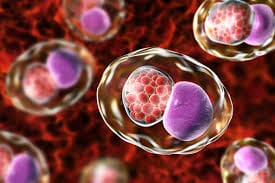
Gonorrhea
Caused by Neisseria gonorrhoeae, gonorrhea can infect the genitals, rectum, and throat. Symptoms may include burning during urination, discharge, and pelvic pain. Like chlamydia, it is treatable with antibiotics, although antibiotic resistance is a growing concern.
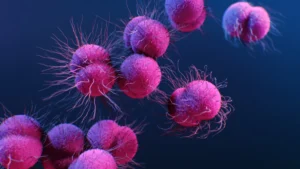
Syphilis
Caused by Treponema pallidum, syphilis progresses through stages, beginning with sores and advancing to rashes, and if untreated, can lead to severe health complications affecting the heart, brain, and other organs. Early stages are easily treatable with antibiotics, typically penicillin.
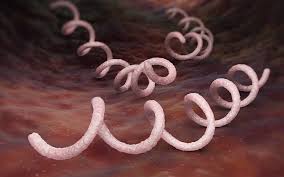
2. Viral STIs
Human Immunodeficiency Virus (HIV)
HIV attacks the immune system, leading to AIDS if not treated. It is transmitted through sexual contact, blood, and from mother to child during childbirth or breastfeeding. While there is no cure, antiretroviral therapy (ART) can manage the virus and allow individuals to live healthy lives.
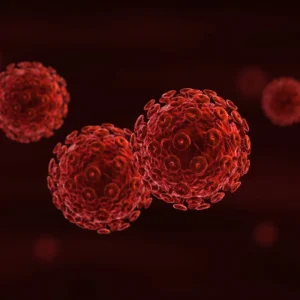
Human Papillomavirus (HPV)
HPV is the most common STI and can cause genital warts and cancers, such as cervical cancer. Many HPV infections clear on their own, but vaccines are available to prevent the most dangerous strains.
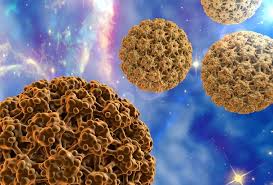
Herpes Simplex Virus (HSV)
Herpes causes sores on the genitals or mouth. HSV-1 typically causes oral herpes, while HSV-2 usually causes genital herpes. There is no cure, but antiviral medications can manage outbreaks and reduce transmission risk.
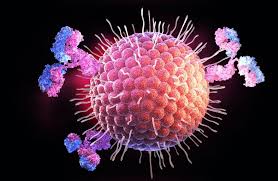
Hepatitis B
This virus affects the liver and can be transmitted sexually. Symptoms include fatigue, jaundice, and abdominal pain. Chronic hepatitis B can lead to liver damage. Vaccines are available, and antiviral medications can manage chronic infection.
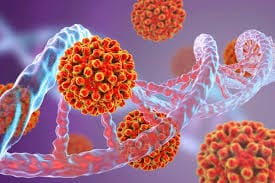
3. Parasitic STIs
Trichomoniasis
Caused by the parasite Trichomonas vaginalis, this infection often causes itching, burning, and discharge, though many people may not have symptoms. It is treatable with prescription medication.
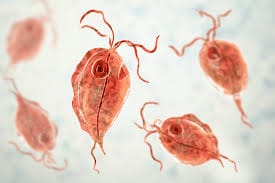
Pubic Lice (Crabs)
These tiny insects infest the hair in the genital area, causing itching and discomfort. Treatment typically involves over-the-counter or prescription medications to kill the lice.
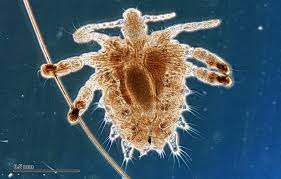
4. Fungal STIs
Candidiasis (Yeast Infection
- While not always sexually transmitted, yeast infections can occur after sexual contact. Caused by Candida fungi, it leads to itching, discharge, and irritation. Antifungal treatments are effective.
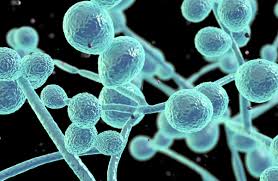
Prevention and Management
Preventing STIs involves several strategies:
- Safe Sex Practices: Using condoms and dental dams consistently and correctly during sexual activity can significantly reduce the risk of many STIs.
- Vaccination: Vaccines are available for HPV and hepatitis B, offering effective protection against these infections.
- Regular Screening: Regular STI testing, especially for those with multiple partners, can help detect infections early and prevent complications and transmission.
- Education and Communication: Open communication with sexual partners about STI status and sexual health can help reduce risks and promote safer practices.
STIs encompass a range of infections caused by bacteria, viruses, parasites, and fungi. Understanding the types, symptoms, and treatments of STIs is essential for effective prevention and management. Regular testing, safe sex practices, and vaccinations are key components in reducing the spread and impact of these infections.


